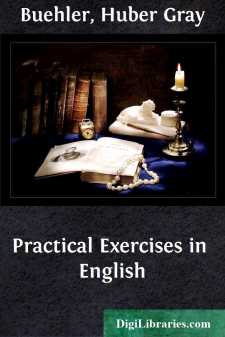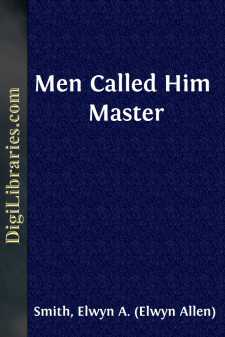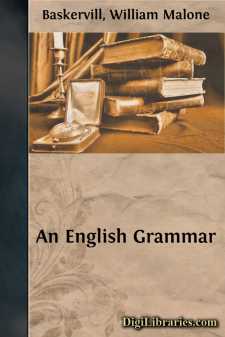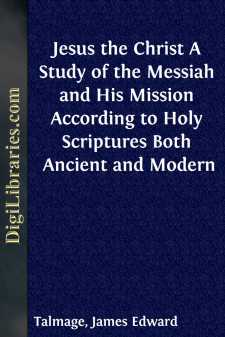Categories
- Antiques & Collectibles 13
- Architecture 36
- Art 48
- Bibles 22
- Biography & Autobiography 813
- Body, Mind & Spirit 142
- Business & Economics 28
- Children's Books 14
- Children's Fiction 11
- Computers 4
- Cooking 94
- Crafts & Hobbies 4
- Drama 346
- Education 46
- Family & Relationships 57
- Fiction 11828
- Games 19
- Gardening 17
- Health & Fitness 34
- History 1377
- House & Home 1
- Humor 147
- Juvenile Fiction 1873
- Juvenile Nonfiction 202
- Language Arts & Disciplines 88
- Law 16
- Literary Collections 686
- Literary Criticism 179
- Mathematics 13
- Medical 41
- Music 40
- Nature 179
- Non-Classifiable 1768
- Performing Arts 7
- Periodicals 1453
- Philosophy 64
- Photography 2
- Poetry 896
- Political Science 203
- Psychology 42
- Reference 154
- Religion 513
- Science 126
- Self-Help 84
- Social Science 81
- Sports & Recreation 34
- Study Aids 3
- Technology & Engineering 59
- Transportation 23
- Travel 463
- True Crime 29
Practical Exercises in English
Description:
Excerpt
CHAPTER I.
OF GOOD USE
Why is it that for the purposes of English composition one word is not so good as another? To this question we shall get a general answer if we examine the effect of certain classes of expressions.
—Let us examine first the effect produced by three passages in the authorized version of the English Bible—a version made by order of King James in 1611:—
"For these two years hath the famine been in the land, and yet there are five years, in the which there shall neither be earing nor harvest" (Gen. xlv. 6).
"O ye sons of men, how long will ye turn my glory into shame? how long will ye love vanity, and seek after leasing?" (Psa. iv. 2).
"Now I would not have you ignorant, brethren, that oftentimes I purposed to come unto you, but was let hitherto" (Rom. i. 18).
See also Gen. xxv. 29; Matt. iii 8; Acts viii. 3; 1 Thess. iv. 15.
An ordinary reader of our time cannot without assistance fully understand these passages, because the words "earing," "leasing," and "let" convey to his mind either no idea at all or a wrong idea. Two hundred and eighty years ago, when this translation of the Bible was made, these words were common words with plain meanings; but "earing" and "leasing" have since dropped out of common use, and "let" has acquired a different meaning; consequently an ordinary reader of the present time must consult a dictionary before he can be sure what the passages mean. Words and meanings which have gone out of use are called obsolete. There is not much temptation to use obsolete words; but the temptation sometimes comes. Therefore we note, as our first conclusion, that a person who wishes to be understood must avoid expressions and meanings which are not in present use.
—A boy from southern Pennsylvania was visiting in New York State. In the midst of some preparations for a fishing excursion he said to his host, "Shall I take my gums along?" His host burst out laughing and said, "Of course; did you think of taking them out of your mouth and leaving them at home?" Unconsciously the boy had used a good English word in a sense peculiar to the district in which he lived; his host had understood the word in its proper sense.
On another occasion a gentleman who had just arrived at a hotel in Kennebunkport, Me., agreed to a proposal to "go down to the beach in the barge." Going to his room, he prepared for a little excursion on the river which flowed by the hotel. When he returned, he was greatly surprised to find his friends about to start for the beach in a large omnibus. Another gentleman once asked a young lady to go "riding" with him. At the appointed hour he drove to her house in a buggy, and she came down to meet him in her riding habit.
These incidents show that if we use expressions that are only local, or use words in local senses, we are liable either to be misunderstood or not to be understood at all. Obscurity also arises from the use of words in senses which are peculiar to a certain class or profession....












